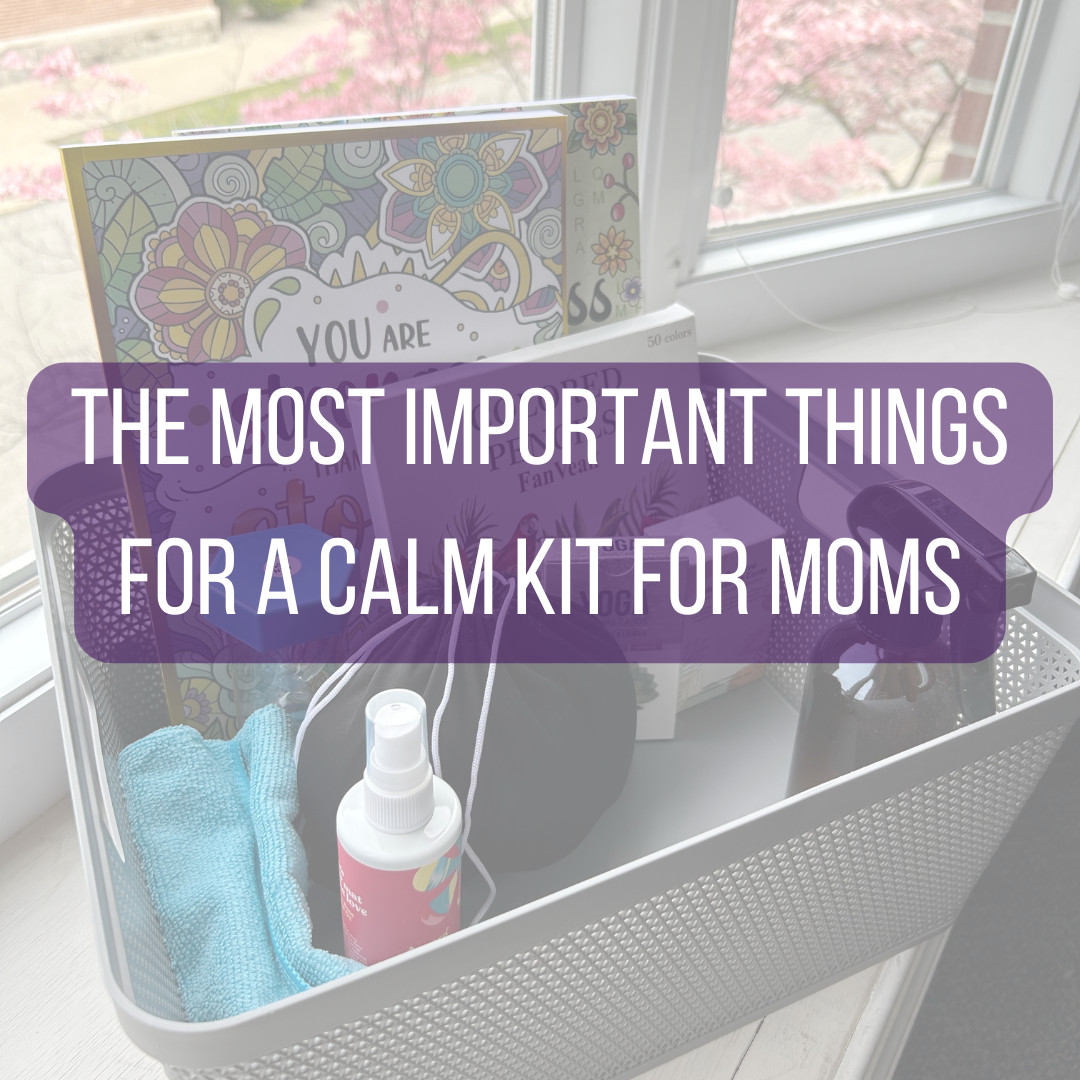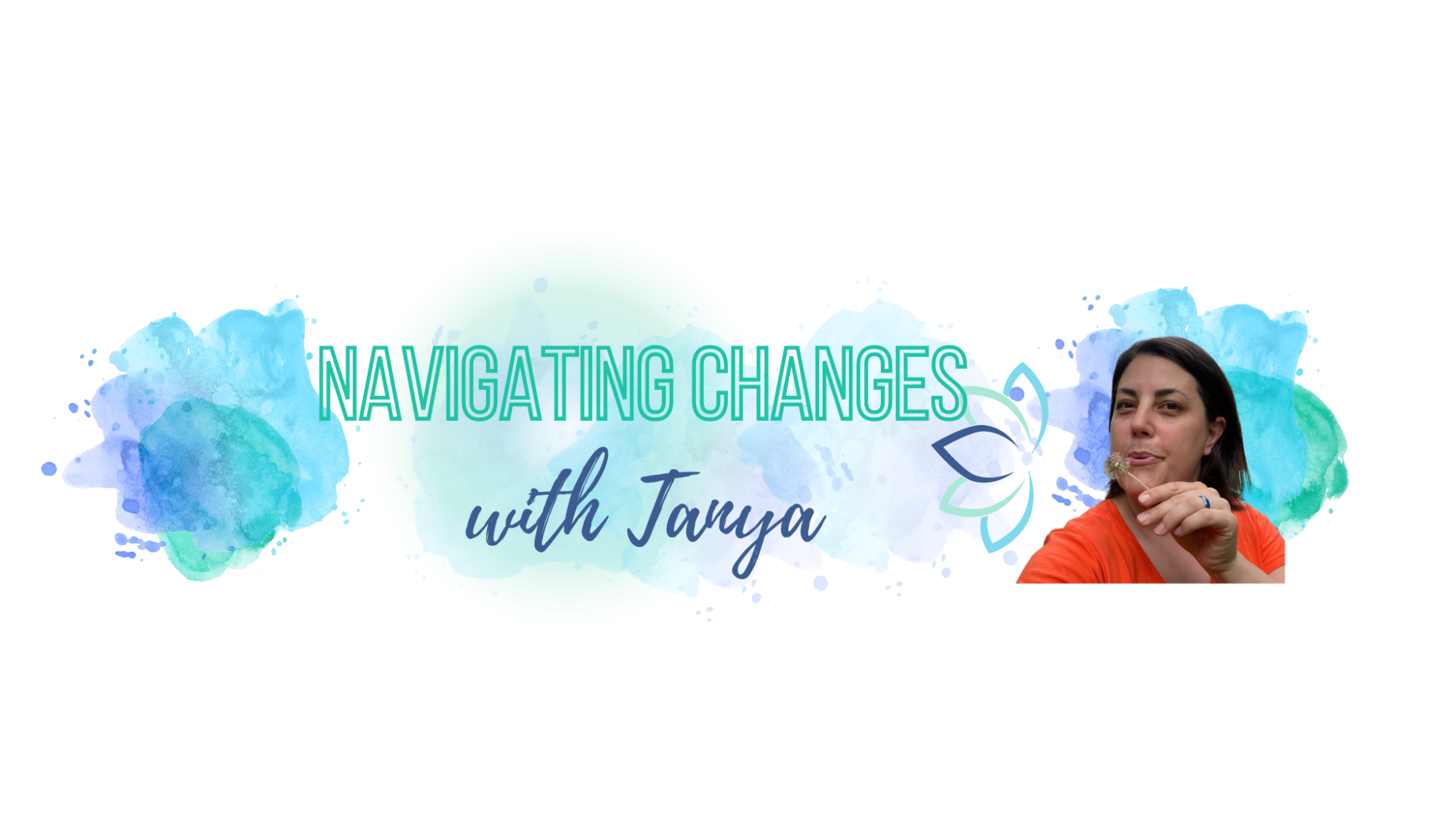

We are very diligent about our protection of earth and its citizens. We hold the highest standards for our essential oil production process, bringing the world the finest products available. From the seed of the plant to the seal on the bottle, our high standards are integral with who we are.
Tarragon, Peppermint, Fennel, and other 100% pure essential oils blend together to provide a digestive lift.
Lemon essential oil can add a delightful, fresh flavor to many recipes. Start with one drop instead of adding lemon zest or lemon juice to a dish.
This blend has a rustic, grounding aroma to help encourage a positive attitude.
Support a healthy immune system. Add a drop of this blend to your coffee or water to infuse a spicy flavor.
Peppermint is great tasting and livens up your baking, protein shakes, tea, and water with just a drop.
With an aroma that may help encourage a calm atmosphere, this blend is an uplifting addition to your routine.
Frankincense (Boswellia carterii) includes the naturally occurring constituent limonene, and has a woodsy, warm, balsamic aroma.
This essential oil blend helps freshen the air and eliminate odors with its refreshing and uplifting combination of citrus and spearmint essential oils.
This blend is soothing to the skin while providing comforting warmth to muscles after exercise.
Lavender is great for relaxing and winding down before bedtime; add to bath or diffuse to create a calming, comforting environment.
Enjoy this blend's refreshing and soothing scent, a unique combination of vanilla, lime, ocotea, lavender, and other pure oils.
Rub this blend on your feet or chest before exercise to uplift and inspire, or massage a few drops on your feet before bedtime to encourage an atmosphere of comfort.
Enrich your life with products formulated to the highest standards of quality and purity.

We are more than just the world's best essential oils. We go beyond green to help you create a healthy, healing home environment.
From effective, safe home cleaners to pet care, multivitamins to weight management, oral care to hair care, body care, and kids care, to antioxidant support and more, we offer solutions to help you live naturally.
Ordering online is fast and easy and the product ships right to your door. We are your online store for living a healthy, toxin-free lifestyle.
Place an Order


Join my FB community for Conscious Moms here